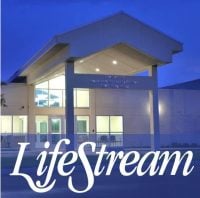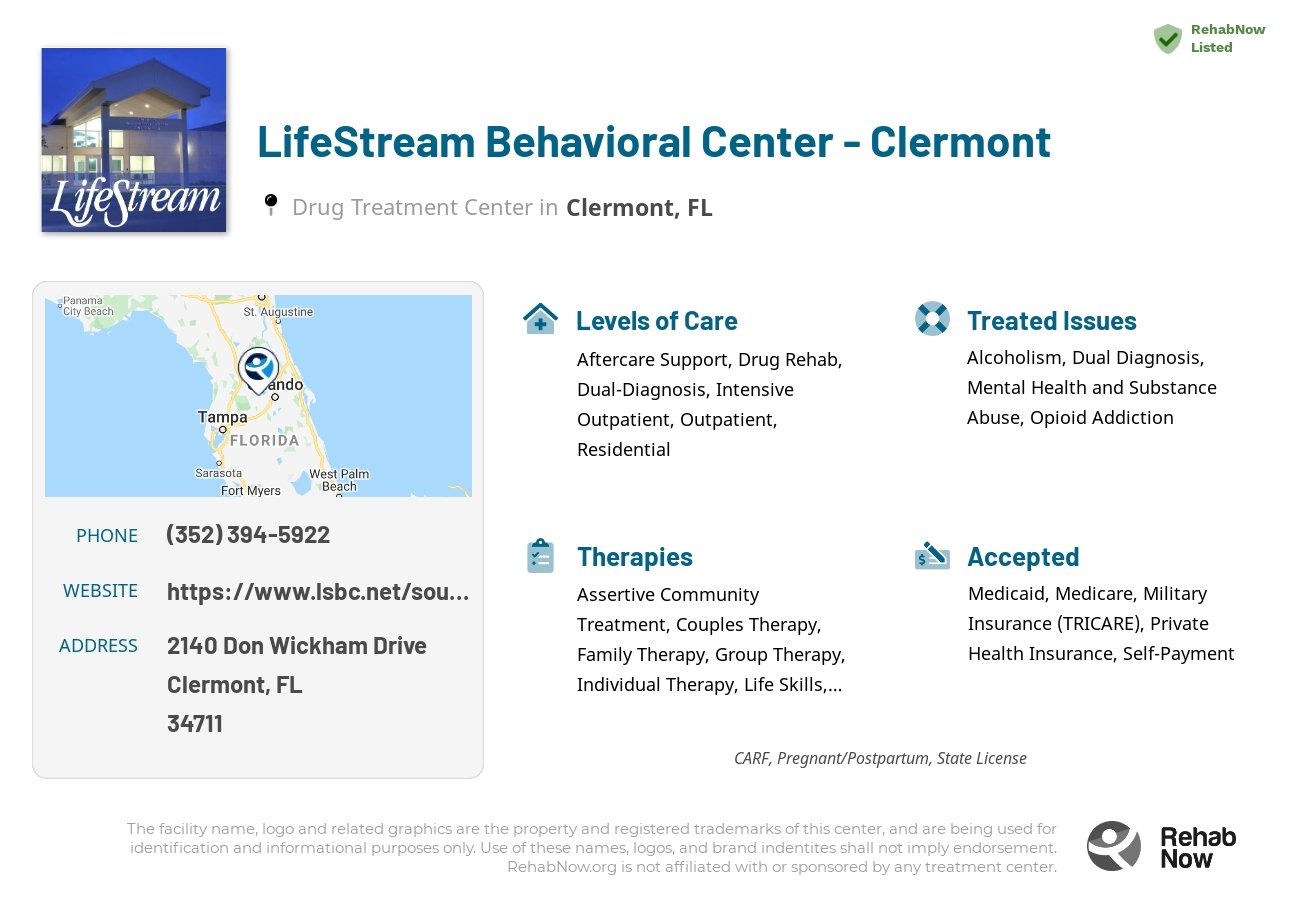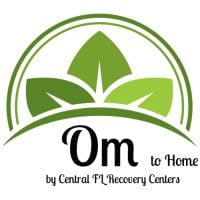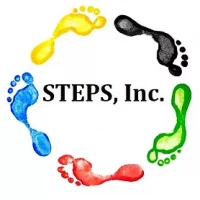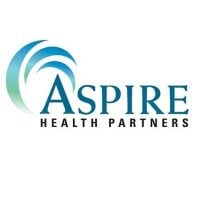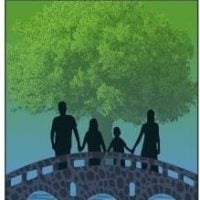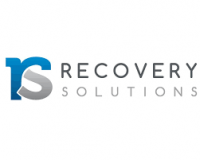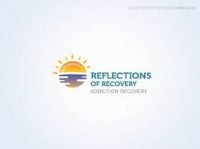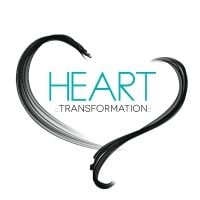LifeStream Behavioral Center - Clermont
Drug Rehab Center in Clermont, Florida
LifeStream Behavioral Center - Clermont in Clermont, Florida is a reputable addiction treatment facility offering a range of treatment options, including aftercare support, drug rehab, dual-diagnosis treatment, intensive outpatient programs, outpatient programs, and residential levels of care, all focused on individualized care plans and providing comprehensive and effective services to individuals suffering from addiction and substance abuse.
About LifeStream Behavioral Center - Clermont in Florida
LifeStream Behavioral Center in Clermont, Florida, stands out for its comprehensive approach to mental health and addiction treatment, catering to different age groups and specific needs including youth, adults, and seniors. With a focus on providing culturally and linguistically sensitive programs, LifeStream offers both residential and outpatient services tailored to the individual's journey toward sobriety and mental health stability.
- Age-specific treatment tracks ensure that individuals receive care tailored to their developmental stage, enhancing the effectiveness of the recovery process.
- A separate residential program for seniors with severe mental illness highlights LifeStream's commitment to providing specialized care across the lifespan.
- Accredited by CARF, LifeStream adheres to the highest standards, offering a range of services from mental health counseling to addiction treatment with aftercare support.
LifeStream Behavioral Center's accreditation and state licensure signify its dedication to quality care and effective treatment strategies. By accepting most insurance plans, LifeStream makes its comprehensive addiction and dual diagnosis treatment services accessible to a broader community in Clermont, Florida.
Focusing on a wide array of issues, including alcoholism, opioid addiction, and drug addiction, LifeStream employs a variety of treatment methods such as individual therapy, psychiatric care, and skills classes. Offering different levels of care, from intensive outpatient programs to residential care, they ensure each individual's needs are met for a successful recovery journey.
Genders
Ages
Modality
Additional
Accreditations
State License

CARF
The Commission on Accreditation of Rehabilitation Facilities (CARF) is a non-profit organization that specifically accredits rehab organizations. Founded in 1966, CARF's, mission is to help service providers like rehab facilities maintain high standards of care.
Conditions and Issues Treated
Many people who struggle with opioid addiction need to attend specific programs like methadone , Suboxone or Vivitrol clinics.
These types of programs will provide the patient with legal, prescription medications that can help them overcome their cravings for illegal opioids like heroin or fentanyl . If the patient has a chronic condition like Hepatitis C, they must undergo treatment before they can begin taking these medications.
Dual Diagnosis is a specific relationship between two or more disorders that have the same symptoms and can sometimes be treated together. This is used in the treatment planning process when dealing with drug addicts. Dual diagnosis can be viewed as a chronic medical condition that has comorbid psychiatric disorders.
Although addiction and a mental illness may have separate symptoms that are not easy to detect, they often go hand in hand. Many times, drug abuse is a direct result of the mental illness. In other words, treating the addiction will not resolve all of your issues. Unless you also treat the underlying mental illness, you will not be successful in achieving sobriety.
Levels of Care Offered
This center offers a variety of custom treatment tailored to individual recovery. Currently available are Aftercare Support, Drug Rehab, Dual-Diagnosis, Intensive Outpatient, Outpatient, Residential, with additional therapies available as listed below.
An intensive outpatient program is usually the first phase of addiction treatment. It provides relief for those who are addicted, but are not ready to commit to an inpatient setting. Typically, the patient lives at home and is able to work or go to school. IOPs consist of a daily 3 to 5-hour program, and there is a required number of hours per week. Most patients go to IOP between 20 and 40 hours per week. The patient attends group counseling and individual therapy throughout the duration of treatment. They also meet daily with their therapist to discuss how it’s going and where they are in the recovery process.
The goal here is to teach patients healthy coping skills, such as stress management and identifying thoughts and behaviors that lead to relapse. The implementation of these skills will be useful as the individual transitions into the next phases of treatment.
An outpatient treatment program is set up to help with alcohol or drug addiction, or a co-occurring disorder. The patient must attend the Florida facility for their therapy and other programs but are able to return home each night. The frequency of mandatory attendance decreases after much of LifeStream Behavioral Center - Clermont‘s program is complete.
Residential treatment programs are those that offer housing and meals in addition to substance abuse treatment. Rehab facilities that offer residential treatment allow patients to focus solely on recovery, in an environment totally separate from their lives. Some rehab centers specialize in short-term residential treatment (a few days to a week or two), while others solely provide treatment on a long-term basis (several weeks to months). Some offer both, and tailor treatment to the patient’s individual requirements.
Aftercare is a term that’s used to refer to any sort of continuing care offered for a drug addict who has voluntarily entered a rehabilitation program. This type of care can be provided in several settings, including outpatient therapy sessions after the addict has completed an inpatient program. There are also 12-step support groups, such as Alcoholics Anonymous, which can provide additional help for addicts trying to stay sober.
Therapies & Programs
Individual Therapy is a critical component of addiction recovery. Therapists work with patients to identify the root of their addiction and figure out how to better handle the issues that led to them using drugs. Individual Therapy is the one-on-one session where people meet with their therapist. Individual therapy provides a safe space for people to open up and discuss personal and sensitive topics which they may not feel comfortable discussing in a group setting.
Couples therapy at LifeStream Behavioral Center - Clermont focuses on addiction treatment for the addict and their spouse. The addict’s family, not just the addict, can benefit from this form of therapy. Couples therapy addresses communication problems, trust issues, lack of intimacy, and abuse in intimate relationships. Couples therapy can help rebuild trust between partners, which increases the chances for successful treatment and sustained recovery.
Intimate relationships can be damaged during addiction, and professional help may be necessary to rebuild the often destroyed trust and love. Couples therapy at LifeStream Behavioral Center - Clermont helps couples improve communication and rebuild trust. Either or both partners will be helped by this treatment administered by professionals. This treatment can also help one or both partners if addiction is the problem.
Family therapy will also help families realize that the addiction is not their fault. For many years, people blamed themselves for an addict’s behavior and felt that they had done something wrong. This is not the case. Addiction is a disease, and it can strike anyone, even if their life seems fine from the outside. It can bring a lot of shame to a family when they have an addict in their midst, but if everyone is open and honest with each other, then they can help everyone stay in recovery.
Group Therapy is utilized by drug treatment centers like LifeStream Behavioral Center - Clermont to provide the recovering drug addict with a platform to talk about their feelings and experiences. It also provides for an opportunity to learn from other addicts who have successfully overcome their addiction.
Group Therapy is employed in lectures, seminars, or discussion groups (the latter two are typically conducted as “therapy groups”). It is recommended that all group members be recovering addicts for this type of therapy to work (though it does not exclude others with lived experience).
Trauma therapy is a clinical process that helps individuals deal with mental stress often caused by traumatic events. It is generally done for children, teenage victims of sexual assault, and war veterans. The therapist helps the person identify, understand and work through the problem. This is done with the help of talking about it in group or one-on-one counseling sessions. Therapists use relaxation, role-playing, art, and music to help the person open up about what is bothering them.
Cognitive behavioral therapy is also a popular service for individuals living with addiction. This type of supportive treatment uses both one-on-one counseling and group sessions to teach addicts how to identify thoughts, behaviors and emotions that might increase their risk of relapse.
These professionals can help addicts develop coping skills for managing stress, improving self-esteem and overcoming triggers. They might also use behavioral therapy to help addicts learn how to avoid cravings and warning signs that could lead them back into addiction.
Therapy can be used as a step-down from inpatient treatment or as the primary method of overcoming an addiction. No matter which option is best for the addict, they will teach important emotional coping techniques, which can make it easier for addicts to get through the tough days.
Training in improved life skills helps those recovering from addiction feel more capable of self-care. LifeStream Behavioral Center - Clermont are daily skills that give the person the tools they need to survive.
The therapy covers practical activities like cooking, job hunting, social interaction, and money management, helping to fill in the knowledge gaps caused by addiction.
These life skills help the person self-manage their recovery and stay on track. It also reduces relapse risk as they gain confidence in their day-to-day abilities.
Nutrition therapy has been used to help drug addicts for decades. Many early reports on addiction treatment indicate that some patients recovered from the “satisfying power of food”. For years, this phenomenon has been utilized as a treatment modality in eating disorders for adults, adolescents, and children. Specific nutrients have been identified that influence neurotransmitters associated with reward pathways of the brain.
Studies have shown that carbohydrate loading with complex carbohydrates to elevate serotonin levels was effective in treating bulimia nervosa. This approach prompted researchers to explore the use of this type of nutritional intervention in other disorders.
Nicotine replacement therapy treats nicotine addiction using external sources of nicotine, such as patches or gum to substitute for nicotine. This allows people trying to quit smoking to get their desired dose of nicotine without actually having to smoke cigarettes. The idea behind NRT is that by providing smokers with nicotine in forms that are not cigarettes, they may be more likely to quit smoking.
NRT has been available for many years now, and there is a wealth of evidence that shows that it helps people trying to quit smoking. There are several different types of NRT devices on the market now. Patients interested in quitting smoking should talk to their doctors about the best kind of NRT for them.
Payment Options Accepted
For specific insurance or payment methods please contact us.
Is your insurance accepted?
Ask an expert, call (888) 674-0062
LifeStream Behavioral Center Associated Centers
Discover treatment facilities under the same provider.
- LifeStream Behavioral Center - Anthony House in Mount Dora, FL
- Lifestream - South Lake Outpatient Clinic in Clermont, FL
- Lifestream - Hope and Recovery Center in Leesburg, FL
- Lifestream - Eustis Outpatient Clinic in Eustis, FL
- LifeStream Behavioral Center - Hope & Recovery Center in Leesburg, FL
Learn More About LifeStream Behavioral Center Centers
Additional Details
Specifics, location, and helpful extra information.
Clermont, Florida 34711 Phone Number(352) 394-5922 Meta DetailsUpdated April 15, 2024
Staff Verified
LifeStream Behavioral Center - Clermont Patient Reviews
There are no reviews yet. Be the first one to write one.
Clermont, Florida Addiction Information
Florida is one of the nation's epicenters for substance abuse and drug-related overdoses. In 2014, around 410,000 Florida residents were addicted to drugs and alcohol. Over the last 10 years, 12% of all deaths in the state were attributed to substance abuse. Treatment admissions for alcohol reached 24,329 patients in 2016, and 2.5% of Florida high school students admitted to using crack cocaine.
Clermont, Florida has seen an increase in drug and alcohol abuse. Cocaine was the most commonly cited substance of abuse for 5,853 admissions to treatment centers. 83% of those admitted for treatment due to cocaine abuse were male and 17% were female. The majority of people seeking treatment for alcohol abuse were aged 18-34.
Treatment in Nearby Cities
- Miami Beach, FL (214.7 mi.)
- Lake City, FL (125.9 mi.)
- Panama City Beach, FL (270.7 mi.)
- Intercession City, FL (23.9 mi.)
- Apalachicola, FL (213.3 mi.)
Centers near LifeStream Behavioral Center - Clermont
The facility name, logo and brand are the property and registered trademarks of LifeStream Behavioral Center - Clermont, and are being used for identification and informational purposes only. Use of these names, logos and brands shall not imply endorsement. RehabNow.org is not affiliated with or sponsored by LifeStream Behavioral Center - Clermont.
